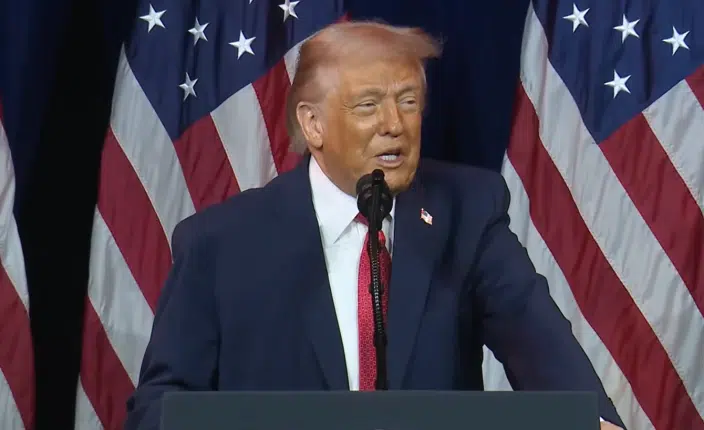By Rick Manning
Washington, D.C. is in fourth, or is it, fifth stimulus deal-making mode, and as is usually the case, many of these “must-pass” funding laws end up being littered with policy riders and extra-special appropriations designed to sweeten the pot for reluctant legislators.
The issue of surprise medical billing falls into this category. House Democrat Energy and Commerce Chairman Frank Pallone (NJ) has told the Progressive Caucus that forcing a one-sized fits all cost for medical services across the nation sets the stage for socialized medicine, aka Medicare for all. Given the focus that Democrats have had on federalizing our nation’s health care system for decades, it should come as no surprise that the planned failure known as Obamacare would help create the surprise billing problem due to mandated costs with restricted payments for health insurance companies.
Pallone is not wrong that by creating a universal health care rate Congress would eliminate one of the largest barriers to socialized medicine, but beyond that, his surprise medical billing legislation is also distinctly bad policy, as medical care costs differ from area to area meaning that one-sized fits all rates will harm patients where medical costs are highest by denying them ready access to care.
One reason that the issue is likely to be at least discussed during this next Congressional spendarama is that President Trump recently urged Congress to come up with a solution to prevent patients and their families from receiving medical bills that they thought insurance covered. What he left wide open was how should these disputes be decided between health care providers and insurers?
The problem is that currently health insurers simply deny payments for health services or significantly reduce the amount they are willing to reimburse, leaving the remainder to the patient. While this works great for health insurance companies burdened by costly Obamacare mandates, it harms the very health care providers who have been on the front lines for the past three months.
And while the President has put a spotlight on the surprise medical billing problem, just making it impossible for a health provider to send an unpaid bill to patients effectively puts all the power in the hands of the health insurers who seek guaranteed profit levels.
And, House Democrats, led by Pallone, are pushing hard for implementation of the one-sized fits all rate-setting system putting medical pricing decisions in the hands of unelected Washington, DC bureaucrats.
The good news is that Senator Bill Cassidy, (R-LA) has a different, smarter draft bi-partisan legislative approach which takes the patient out of the middle of billing disputes, creating an arbitration process which allows the two sides to present their cases and come to fair and honest payments. If a provider didn’t provide the service, they don’t get paid. If the charges for the service are userous, they don’t get paid, but honest and fair payment amounts will be determined and paid.
With more than 1/5 of the Senate already on board as co-sponsors, the concept put forth by Cassidy, a physician by trade, is a credible alternative to the House Democrats pathway to socialized medicine alternative. Until Congress finally deals with the knot Obamacare has tied our nation’s health care system into, the Cassidy legislation provides fair pricing protections for both health providers and insurers.
Rick Manning is the President of Americans for Limited Government.







